LONDON — The pub has always been there for Britons through happy times or troubled times, so it was a shock to many when Prime Minister Boris Johnson last week ordered all of them closed indefinitely, along with cafes, restaurants and bars.
“We’re taking away the ancient, inalienable right of the free-born people of the United Kingdom to go to the pub,” Mr. Johnson declared as his government struggled to stay ahead of the island’s mounting public health crisis.
It was a wake-up call to the scale of the coronavirus threats and what the country would be facing in the days to come. The land of the stiff upper lip and “Keep Calm and Carry On” is stressed out these days while Mr. Johnson struggles to find his footing in the face of the COVID-19 pandemic.
Related Story: Prince Charles tests positive for coronavirus
After trailing behind much of the Continent, Britain now has the 10th-highest number of COVID-19 infections in the world, nearly 6,000, and the sixth-highest number of virus-related deaths, a Johns Hopkins University tracker reported Monday.
Mr. Johnson, in a nationwide address Monday night, appeared to take a much sterner approach to containing the virus by ordering the shuttering of most retail establishments and banning gatherings of three people or more.
Mr. Johnson said that he was giving the nation “a very simple instruction: You must stay at home.”
The prime minister added that people would be allowed out of their homes only to shop for basic necessities, to exercise, for a medical need, to provide care or for essential work functions.
“To ensure compliance with the government’s instruction to stay at home, we will immediately close all shops selling non-essential goods, including clothing and electronic stores and other premises, including libraries, playgrounds and outdoor gyms, and places of worship” he added.
In some of the most sweeping restrictions ever imposed in peacetime, the police will have the power to enforce the new requirements.
Mr. Johnson was burned by criticism that his government was too relaxed in the earlier stages of the crisis. Meanwhile, the government expressed frustration that some Britons were unwilling to alter their routines.
The Associated Press reported Monday that infections are increasing at an exponential rate, raising fears that the British crisis could be on par with the unfolding disaster in Italy if containment efforts fail.
“When I was still in London, people were still using public transport and the pub opposite my flat was always really busy every night,” said Josh Woodward, a 24-year-old research assistant from London who relocated to his parents’ house in the North Yorkshire town of Yarm. “I don’t think people grasped the seriousness of it all.”
In a rare show of political unity, politicians from rival parties echoed Mr. Johnson’s appeals for people to stay home.
“This is the biggest health, social and economic emergency we have faced since the Second World War,” said Sadiq Khan, the mayor of London and a member of the opposition Labor Party.
A majority of the public supports Mr. Johnson’s handling of the crisis. About 53% of Britons had “a lot” or a “fair amount” of confidence in his efforts, according to a YouGov poll released Friday.
The poll showed that many wanted even more draconian measures. About 64% said they would support placing London under a lockdown.
‘Reactionary response’
Some say the prime minister has been lax and should have moved earlier and more decisively.
“It feels like the government’s response has been quite reactionary, even though it seems obvious to the rest of us that these things have to happen to stop the spread of the virus,” said Mr. Woodward. “The government was too trusting that the public would listen and obey without the ban being enforced.”
Mr. Johnson last week stopped short of enforcing closures and instead merely asked British residents to avoid pubs and restaurants to help contain the contagion. For most Britons, until Monday night, it was business as usual with no border closures, empty streets or shut stores and restaurants. Such scenes have become numbingly familiar on the other side of the English Channel. Photos Monday showed crowded Tube cars on London’s subway hours before Mr. Johnson’s address.
“The British government has failed to properly digest the lessons from the countries which were infected before us,” David Lammy, a Labor member of Parliament, wrote in the left-leaning Guardian newspaper, calling for an Italian-style total lockdown that the government had resisted.
The day after Mr. Johnson’s request last week, the number of newly confirmed infections of the coronavirus jumped by 66%, according to Public Health England, a government agency. As in the U.S., public health officials said the true total of infections is likely to be significantly higher.
The French press reported over the weekend that the only reason the British began to lock down the country was because French President Emmanuel Macron forced Mr. Johnson’s hand: Mr. Macron threatened to ban British travelers from entering France.
An unidentified source in the presidential palace told the French newspaper Liberation, “We had to clearly threaten [Mr. Johnson] so that he would finally move.”
A regal relocation
After the government’s announcement, many Londoners with options outside of the capital began to flee. Among them were the 93-year-old Queen Elizabeth II, who is self-isolating with her husband, Prince Philip, in Windsor Castle outside of the city.
“Evacuated, escaped. Call it what you like,” Mr. Woodward said from his relatively safer redoubt in Yarm.
Meanwhile, the national pastime of queueing up is taking on a grimmer cast.
Those still in London are finding long lines outside supermarkets before they even open. Shelves are stripped of essentials such as bread and toilet paper, while government officials plead with consumers to refrain from hoarding. Some national supermarket chains have responded by reserving time slots in the day specifically for the elderly and health care workers to shop.
The government has said it might call in the armed forces to ensure that vulnerable Britons get the supplies they need to weather the pandemic.
Chancellor of the Exchequer Rishi Sunak announced a raft of economic measures to help businesses as they braced for the financial impact of the pandemic. The business community was already facing considerable uncertainty over Mr. Johnson’s successful Brexit campaign to take the United Kingdom out of the European Union.
In another bit of classic British irony, the EU’s point man in the post-Brexit negotiations announced last week that he had tested positive for infection from the coronavirus, and his entire negotiating team was put into isolation.
“You will not face this alone,” Mr. Sunak said. He promised that the government would pay for up to 80% of staff wages.
Even so, large numbers of self-employed people wonder how they will pay their bills during the crisis.
“I’m feeling really worried about my job because I have three children at home and I won’t have the government’s help and I’m the only person who works in my house,” said Miriam De Oliveira, a 40-year-old self-employed cleaner from London. Large numbers of her clients have asked her to stay away for the foreseeable future, and she expects to work just five hours this week rather than her usual 80.
“I think the government could help a little more,” she said.
On Sunday, the British Mother’s Day, Mr. Johnson implored people not to visit their mothers.
“The best thing is to ring her, video call her, Skype her, but to avoid any unnecessary physical contact or proximity,” he said. “If your mother is elderly or vulnerable, then I’m afraid all the statistics show she is much more likely to die.”
© Copyright (c) 2020 News World Communications, Inc.
—-
This content is published through a licensing agreement with Acquire Media using its NewsEdge technology.



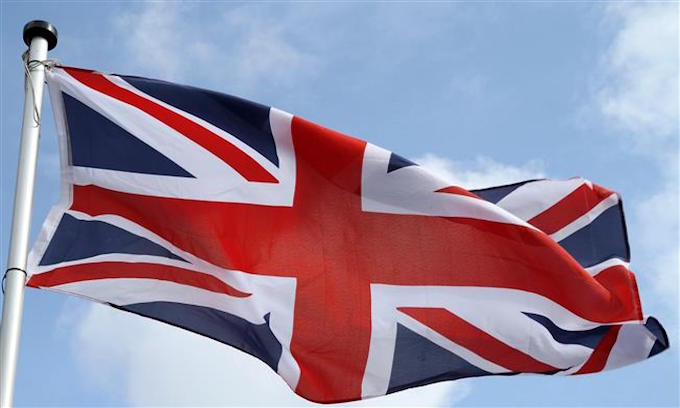
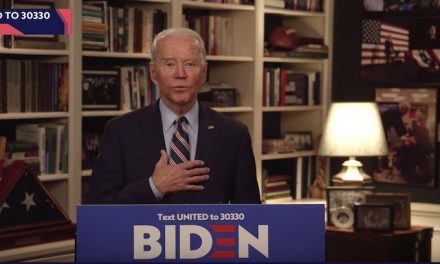
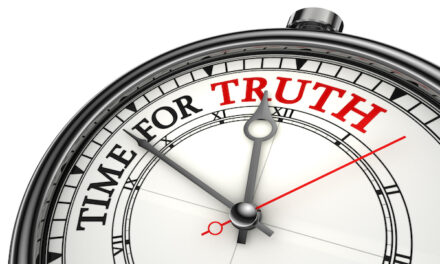
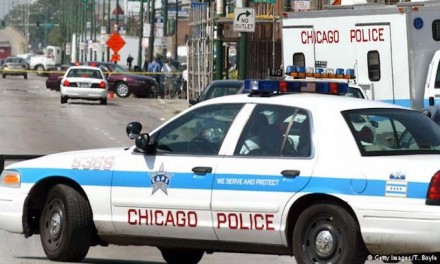








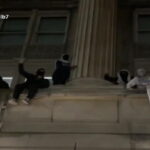
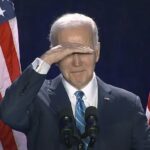
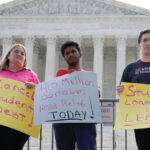

Recent Comments